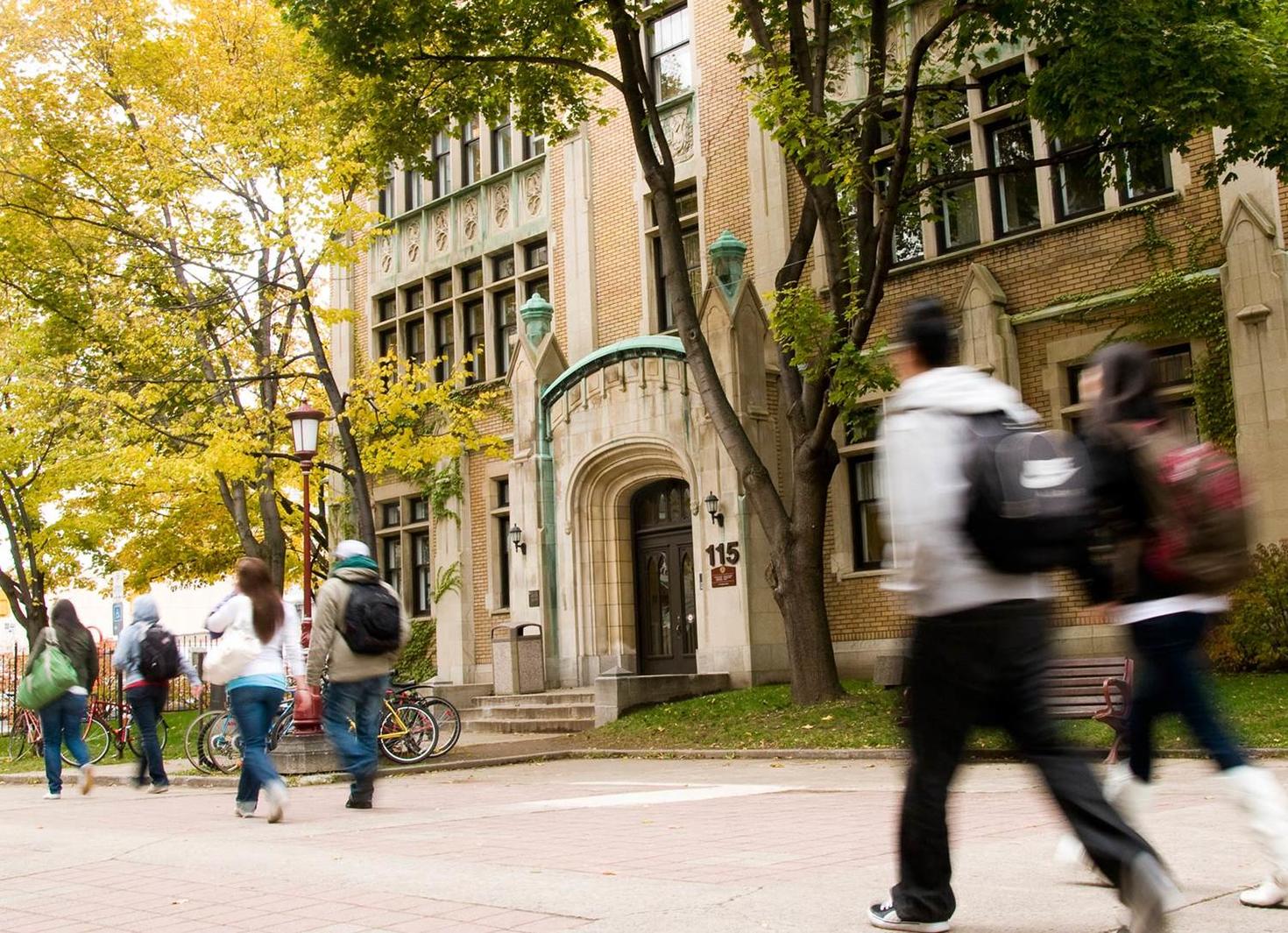For all students
Most incidental, ancillary and administrative fees will increase in line with the consumer price index, which is 6.5%.
Ontario students
In accordance with Ontario government directives, tuition fees for Ontario students will remain unchanged for the 2023-2024 academic year, except for a 7.5% increase in tuition for students enrolling in the first year (or equivalent) in one of the following undergraduate programs:
-
Programs leading to a Bachelor of Science (Applied) in the Faculty of Engineering, with a few exceptions
-
Programs in the Faculty of Law, Common Law Section, except for the National Law Program
-
All Telfer School of Management programs
Undergraduate students who are Canadian citizens residing outside Ontario
In accordance with Ontario government directives, tuition fees for Canadians residing in provinces outside Ontario will increase by 5% for all undergraduate programs, except for a 7.5% increase for students enrolled in the first year (or equivalent) of the following undergraduate programs:
-
Programs leading to a Bachelor of Science (Applied) in the Faculty of Engineering, with a few exceptions
-
Programs in the Faculty of Law, Common Law Section, except for the National Law Program
-
All Telfer School of Management programs
Graduate students who are Canadian citizens residing outside Ontario
-
Tuition fees for students enrolled in master’s programs who are Canadian citizens but not residents of Ontario will increase by 5%.
-
Tuition fees for students enrolled in doctoral programs will remain unchanged.
International undergraduate students
-
Tuition fees for international undergraduate students enrolling in first year (or equivalent) will increase by 12%.
-
Tuition fees for international undergraduate students enrolling in second year (or equivalent) will increase by 7%.
-
Tuition fees for international undergraduate students enrolling in third year or more (or equivalent) will increase by 5.5%.
International graduate students
-
Tuition fees for international students enrolling in the first or second year (or equivalent) of a master’s program will increase by 7%.
-
Tuition fees for international graduate students enrolling in the third year or more (or equivalent) of a master’s program will increase by 5.5%.
-
Tuition fees for students enrolled in doctoral programs will remain unchanged.
Learn more about University fees
To better understand how your progress in a program affects your tuition fees and how to estimate your total University fees for the year, visit the Familiarize yourself with University fees website. Check the following websites for examples of how these fee increases will be applied:






